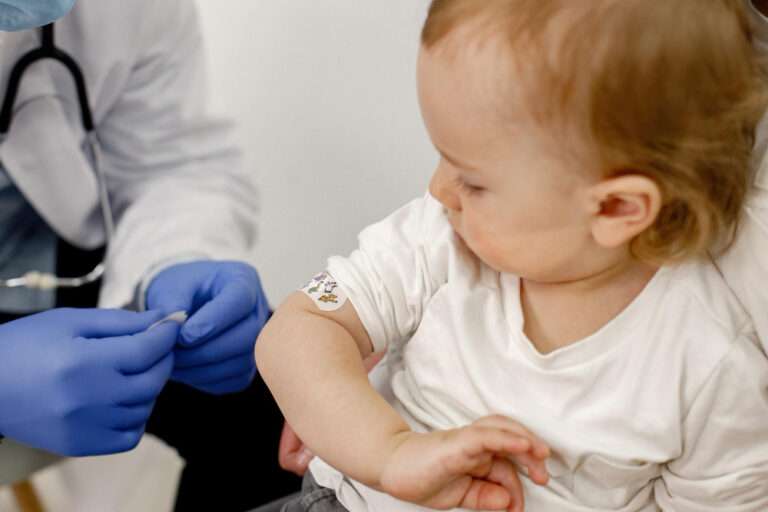Hepatitis A (HepA) vaccine in children
The Hepatitis A (HepA) vaccine is an important immunization for children to protect them from the hepatitis A virus, which can lead to a contagious liver infection. Here’s what you need to know about the HepA vaccine in children:
1. Hepatitis A Virus (HAV):
- Hepatitis A is a viral infection that primarily affects the liver. It is typically spread through the ingestion of contaminated food or water or through close contact with an infected person.
2. Symptoms:
- Symptoms of hepatitis A in children can vary but may include jaundice (yellowing of the skin and eyes), fever, fatigue, loss of appetite, nausea, abdominal pain, and dark urine.
- Some children, especially younger ones, may have mild or no symptoms.
3. Immunization Schedule:
- The HepA vaccine is administered in two doses for long-term protection:
- The first dose is typically given at 12-23 months of age.
- The second dose is usually administered 6 to 18 months after the first dose, ensuring long-lasting immunity.
4. Combination Vaccines:
- The HepA vaccine can be given as a combination vaccine along with the Hepatitis B (HepB) vaccine. This combination is known as HepA-HepB.
5. Safety and Side Effects:
- The HepA vaccine is considered safe and well-tolerated.
- Common side effects are mild and may include soreness at the injection site or a mild fever.
- Serious side effects are rare.
6. Importance of Vaccination:
- Hepatitis A can lead to severe illness in children, but the vaccine provides strong protection against the virus.
- Vaccination also helps prevent the spread of hepatitis A within communities.
7. Travel Considerations:
- Hepatitis A is more common in some regions, and the vaccine is recommended for children who may be traveling to or living in areas with a higher prevalence of the virus.
8. Herd Immunity:
- Widespread vaccination with the HepA vaccine helps create herd immunity, reducing the overall prevalence of the virus and protecting those who cannot be vaccinated.
9. Timing of Doses:
- The timing and number of doses may vary depending on regional recommendations, so it’s important to follow the schedule recommended by your healthcare provider.
Hepatitis A vaccination is essential for children to prevent the potentially severe consequences of hepatitis A infection. By following the recommended vaccination schedule, you can help ensure your child is protected from the virus and contribute to public health efforts to reduce hepatitis A transmission in the community.
------------From our Sponsors------------









